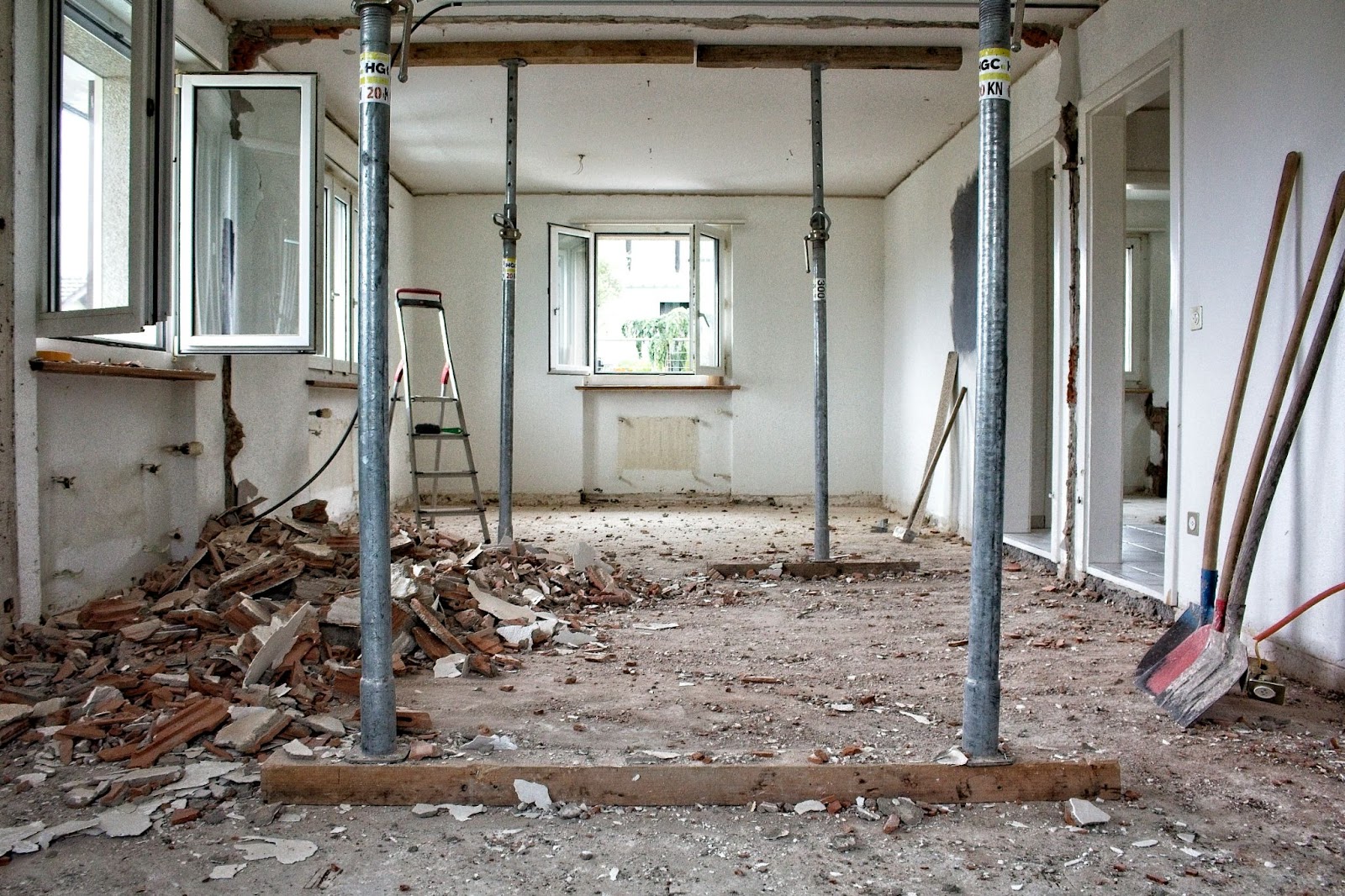Navigating the Permit Process: Tips for Home Renovations
Home renovations are an exciting opportunity to improve your living space, increase property value, and bring long-standing design dreams to life. However, the process of acquiring necessary permits can often seem daunting, especially for first-time renovators. Understanding the permit process and navigating it efficiently is crucial for ensuring your renovation complies with local regulations and avoids costly penalties. In this article, we provide a comprehensive guide to help you navigate the permit process with confidence and ease.
Why Are Permits Necessary?
Permits ensure that home renovations meet local building codes and safety standards. These regulations exist to protect the structural integrity of your property and the safety of its occupants. Common projects requiring permits include:
- Structural changes: Removing load-bearing walls, adding new rooms, or altering the foundation.
- Electrical and plumbing work: Rewiring, adding new outlets, or replacing plumbing systems.
- Additions: Building decks, garages, or extra living spaces.
- Major HVAC modifications: Installing new systems or altering ductwork.
- Roofing updates: Replacing or significantly repairing your roof.
Failure to obtain the required permits can lead to fines, forced removal of unauthorized work, or complications when selling your home. For instance, potential buyers may request proof of permits for renovations, and lacking them could decrease your property’s value or lead to legal disputes.
Research Local Permit Requirements
Permit requirements vary by location, so start by contacting your local building department or visiting their website. Key aspects to research include:
- Types of projects that require permits: Understand which renovations are exempt and which must comply with regulations.
- Associated fees: Calculate costs based on your project size and complexity.
- Estimated timelines for approval: Be prepared for potential delays and plan accordingly.
- Specific documents or plans needed for submission: Some municipalities require detailed engineering reports or environmental impact studies.
Understanding these details will help you prepare thoroughly and avoid unnecessary delays. Many municipalities also provide online resources and guidelines to simplify the research process.
Create Detailed Plans
Clear and accurate plans are essential for permit approval. These should include:
- Blueprints or architectural drawings: Show dimensions, layouts, and proposed changes.
- Detailed descriptions of the work to be done: Highlight how the renovation will align with local codes.
- Material specifications: Specify the type and quality of materials to be used.
- Compliance with zoning and setback regulations: Ensure your project does not encroach on restricted areas.
If your project involves complex renovations, consider hiring an architect or contractor to ensure your plans meet local requirements. Their expertise can help identify potential issues before submission.
Assemble Necessary Documentation
In addition to your project plans, most permit applications require the following:
- Property surveys: Confirm boundaries and existing structures.
- Contractor’s license information: Verify that your contractor is certified to work in your area.
- Proof of property ownership: Provide a deed or title showing legal ownership.
- Homeowner’s association (HOA) approval, if applicable: Many HOAs have their own rules for renovations.
Check with your local building department for a complete list to avoid submitting an incomplete application. Missing documentation is one of the most common causes of delays in the permit process.
Submit Your Application
Once you’ve gathered all necessary documents, submit your application to the appropriate department. This may be done online, in person, or via mail, depending on your municipality. Be prepared to pay the required fees at the time of submission.
During this stage, ensure you:
- Double-check your application for accuracy: Mistakes can lead to rejection or delays.
- Provide clear contact information for follow-ups: Make it easy for officials to reach you.
- Request a receipt or confirmation of submission: This serves as proof of your application in case of disputes.
Some municipalities offer expedited services for an additional fee, which may be worth considering for time-sensitive projects.

Respond to Feedback
After submitting your application, the building department will review your materials. They may request additional information or revisions to your plans. Respond promptly to avoid delays. If your application is denied, ask for specific reasons and address the issues before resubmitting.
Common feedback includes:
- Adjustments to meet zoning laws
- Clarifications on structural designs
- Requests for additional safety measures
Being proactive and communicative during this stage can significantly speed up the process.

Schedule Inspections
Most permits require inspections at various stages of the renovation. Common inspection points include:
- Foundation work: Before pouring concrete, inspectors ensure the groundwork meets requirements.
- Framing: Verifies the structural integrity of walls and roof framing.
- Electrical and plumbing rough-ins: Ensures proper installation before walls are closed.
- Final completion: Confirms the project complies with all codes and approved plans.
Coordinate with your contractor and the inspector to ensure each phase is reviewed and approved before proceeding to the next step. Missed inspections can lead to work stoppages or fines.
Keep Permits On-Site
Once your permit is approved, keep it visible on-site throughout the renovation process. Inspectors will need to reference it during their visits, and having it readily available ensures compliance.
Failing to display permits can result in warnings or delays, so invest in a weatherproof holder if your work area is outdoors.
Tips for a Smooth Permit Process
Work with Professionals
Experienced architects, contractors, or permit expediters can simplify the process by ensuring your plans meet local codes and submitting applications on your behalf. Their expertise can save time and reduce stress.
- Architects can identify structural concerns and propose solutions.
- Contractors often have established relationships with building departments, expediting approvals.
- Permit expediters specialize in navigating bureaucratic hurdles.
Budget for Permit Costs
Permit fees vary based on the scope of your project and location. Include these costs in your overall renovation budget to avoid surprises. Larger or more complex projects typically incur higher fees.
Start Early
Permit approval can take weeks or even months, depending on the complexity of your project and local backlog. Begin the process early to align with your renovation timeline. Delays in permitting often lead to rescheduled contractor work, increasing overall costs.
Stay Organized
Keep all permit-related documents, receipts, and correspondence in a dedicated folder. This will make it easier to track progress and address any issues that arise. Digital copies are also helpful for quick reference.
Avoid Unpermitted Work
While it may be tempting to skip the permit process for small projects, doing so can result in serious consequences. Unauthorized work can lead to fines, difficulties when selling your home, and even safety hazards.
Common Challenges and How to Overcome Them
Lengthy Approval Times
Solution: Be proactive in submitting accurate and complete applications. Follow up regularly with the building department to check on your application’s status. Persistence often pays off.
Miscommunication
Solution: Address the reasons for denial promptly. Consult a professional if needed to revise your plans and ensure compliance. Don’t hesitate to ask the building department for guidance.
Permit Denials
Solution: Maintain open communication with your contractor, inspector, and local building department. Clarify any questions or concerns early in the process. Keep written records of conversations for reference.
Post-Renovation Considerations
After completing your renovation, schedule a final inspection to close out your permit. This step is crucial for verifying that all work was completed according to approved plans and local codes. Once the permit is finalized, store it with your home’s records for future reference.
Finalized permits may also be needed for insurance purposes or when selling your property, so keeping them accessible is essential.
Navigating the permit process may seem overwhelming, but with proper preparation and organization, it can be a manageable part of your home renovation journey. By understanding local requirements, assembling thorough plans, and collaborating with professionals, you can ensure a smooth process that protects your investment and enhances your home. Taking the time to follow these steps will provide peace of mind and set the stage for a successful renovation.

